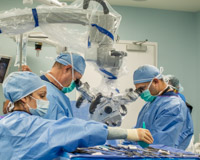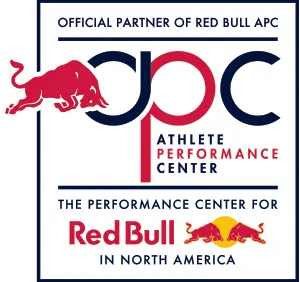Whether you're a runner, cyclist, kickboxer, dancer or just a regular gym-goer, active women know the pain of pushing their body to the limit. Before the pain turns into an all out injury, check out some helpful advice from Dr. Dixon in Shape Magazine's: Common Bone and Joint Problems for Active Women.
Plantar fasciitis: can be a very painful and persistent condition with inflammation of the soft tissues around the heel, says Alexis E. Dixon, M.D., an orthopedic surgeon at DISC Sports & Spine Center in California. The plantar fascia is a ligament that spans from the heel bone and fans to the forefoot. It can become aggravated by an increase in activity and stress on the foot.
"Calf tightness is at the root of the problem, and the mainstay of treatment is stretching the calf," says Dixon, who also recommends steering clear of any workouts that aggravate the plantar fascia until the pain subsides.
Metatarsalgia: The name may sound like medical jargon, but Dixon says metatarsalgia is a general term for pain in the ball of the foot. Cycling places a lot of pressure on the front of the foot due to clip-in pedals, so "using supplemental cushioning in the front of the shoe with a silicone insert (even while not biking) can help," she says.
If the area's swollen, it may be smart to check in with an orthopedic surgeon to make sure a stress fracture hasn't developed.
Achilles Tendon Rupture: Because of how demanding strength training and weightlifting can be, inflammation of various tendons is super common—especially the Achilles tendon, which is the band of tissue that connects your calf muscles to your heel bone. Dixon says that in more serious cases, the tendon can tear. "If you feel a violent crack at the back of your heel when you're doing calf strengthening and weakness afterward, get it evaluated immediately," she says. "It's not something that will get better on its own, but it's sometimes possible to avoid surgery with very early detection."
To sidestep injury, stretch before and after your workouts and work with a trainer to learn proper techniques.

About the author
discmdgroup DISC Sports & Spine Center (DISC) is a national leader in minimally invasive spine surgery, orthopedic surgery, and sports medicine care. Our spine surgeons set the standard in artificial disc replacement, spine fusion, discectomy, microdiscectomy and the full spectrum of spine procedures. The group’s orthopedic surgeons advance the state of joint preservation surgery and total joint replacement, including total knee replacement as well as total hip replacement. Our flagship surgery centers based in Newport Beach, Marina del Rey, and Carlsbad serve patients local to Los Angeles, Orange County and San Diego, as well as the rest of the country. Read more articles by discmdgroup.




